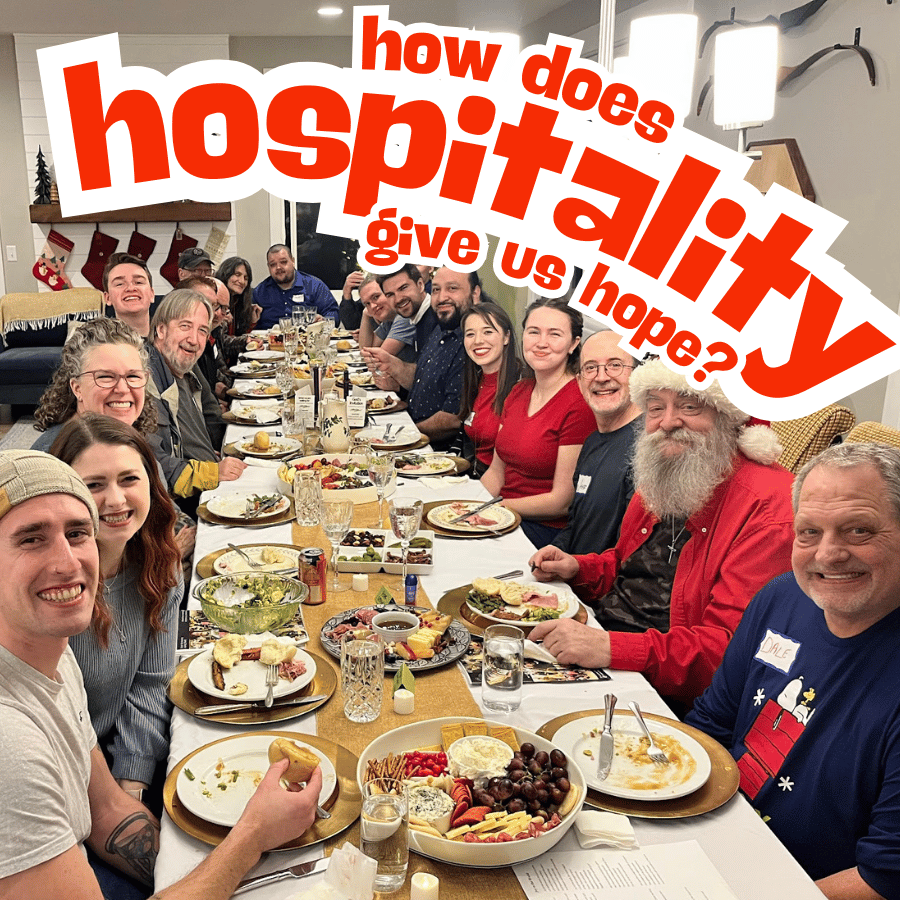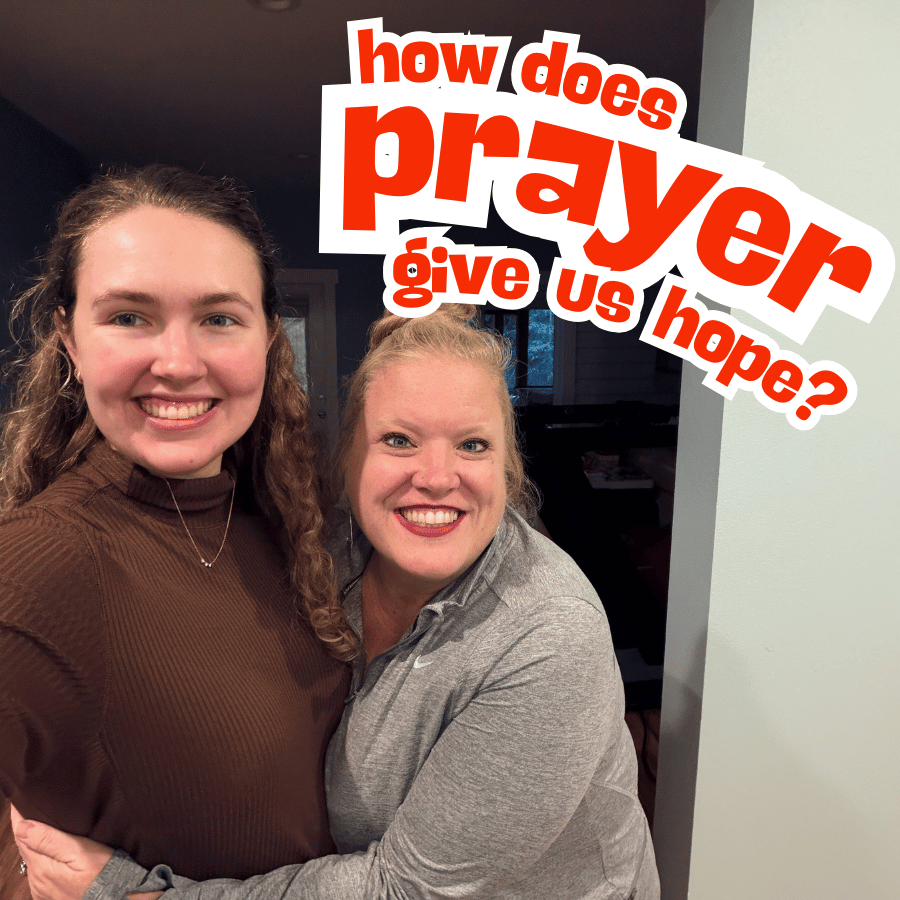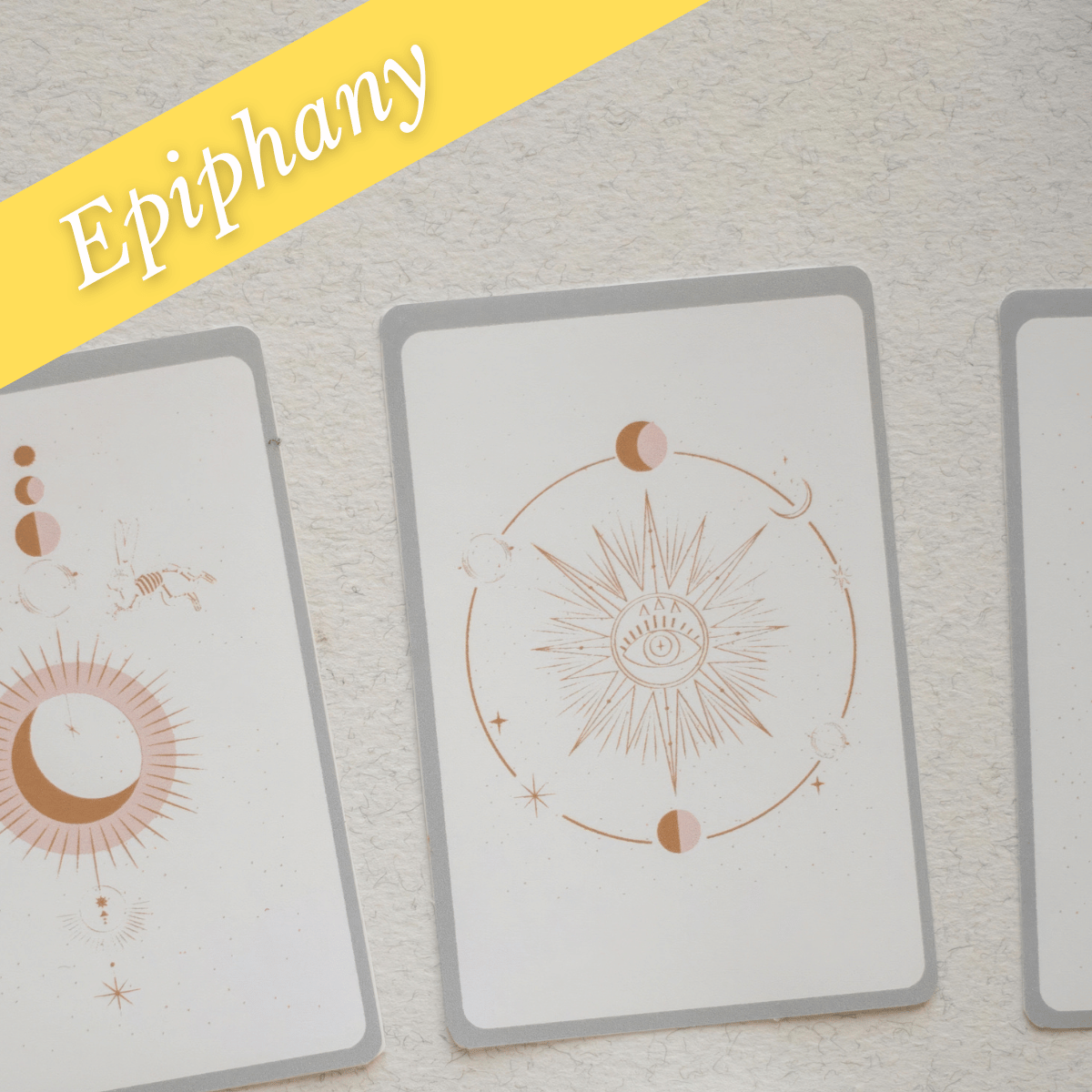A conversation, A Candle, A Tomb
Written by Emma McCoy
4 minute read
I had a conversation with my roommate the other day, and she brought up how cool it would be to have a perfect memory. “I’d never forget my lunch at home ever again!”
Unfortunately for my unsuspecting roommate, I read a lot of dystopian fiction and “perfecting” a human’s memory is a well-loved subject. I shifted on the couch and started speaking before really thinking about if what I had to say fit the tone of the conversation.
“Well,” I said, “if you had a perfect memory you’d remember everything.”
“Yeah, that’s the point, isn’t it?” she replied.
“But that means a lot more than just your lunch. You’d remember exactly what it was that third grade bully said to you, not just how it made you feel. You’d remember how you made your mom upset when you were eleven, that embarrassing moment in front of the class during your presentation, and the time you said the wrong thing at a party and everyone went quiet.”
“I remember those things anyway,” she huffed, a bit annoyed. I probably should’ve paid attention to that.
“But not only that,” I said, warming up now, “but can you imagine what it would be like to never forget all the bad things you’ve done? All the little, inconsequential things. And that doesn’t even count how crowded it would be in your head if you were able to remember what you wore on, let’s say, October 27th of 2012? People aren’t meant to hold onto so many things at the same time—”
I can say with decent accuracy that wasn’t where my roommate wanted the conversation to go. I wish I could say I shut up in time, but I definitely didn’t. If you, dear reader, would like to explore the implications of a perfect human memory, I’d check out Black Mirror on Netflix or Feed by M.T. Anderson. In the meantime, though, I’ll shut up.
Humans deal with a whole lot every single day.
If you’re reading this and you’re an adult, some of things you might be keeping track of today can include: waking up, brushing your teeth, putting on clothes, making sure you have enough to eat for the day, your mother’s birthday on Saturday—you got a present, you think—getting to work on time, the fight you had with your partner, a missed phone call from a friend, a weird twinge in your knee, the lightbulb that’s gone out in the bathroom, getting to work on time, helping your elderly father to the bathroom, wrangling a kid into pigtails, putting a bandaid on a hangnail, didIrememberthedoctor’sappointmentIthinkit’stimetogobacktothedentistohwaitthecoffeeisburned, I’mhungryagainandIdidn’tdrinkenoughwater, wheredidIputmyphonehowsoonuntilIgotobed.
You get the idea.
It’s easy to get lost in the flow of day-to-day, week-to-week, and year-to-year. And in that flow, it’s also easy to lose track of the highs and the lows, and why we might mourn something, or love something. Stick with me. Have you ever felt like in the bustle of everyday, you don’t get to see the people you care about as much as you’d like? Maybe there comes the worry that they don’t love you as much as you think they do. Or have you ever lost someone, or something, but throwing yourself back into school, or work, or something else can numb that pain?
Humans have enormous capacity for handling a lot at once.
But we can’t catch and hold onto every detail, and just like I was telling my roommate, I don’t think we’re supposed to have perfect memories. But in the middle of the everyday, and the bustle of life, we’re very good at missing important things. Like feelings. And God. And the people right in front of us. We miss key moments where sorrow and lament, and joy and celebration, exist side-by-side, often in the same place. Don’t feel guilty; it happens very easily, and despite our intentions otherwise. Let me give a low-stakes example where joy and lament come together in a very physical reminder.
I’m a writer. This means that for a small portion of time, I think I’m God’s gift to the written word and everything I do is amazing and comes from an endless flow of creative genius. The other—vastly larger—portion of time, I’m convinced that I’m a fraud, that everyone can see I’m just making it all up, and the harder I try to write something good the worse it comes out. In particular, I love it when I get a paragraph just right, or nail a metaphor. In particular, I am afraid that I’m already behind, and no matter how much time passes, I’ll never catch up, and nothing I write will be good enough.
As I’ve grown from a baby writer to a less-baby writer, I’ve developed some rituals. One of them is centered around a candle, and some of the best life advice I’ve come across: the time will pass anyway. I’m behind? Time is passing anyway. This book will take too long to write? The time will pass anyway. I’m not going “fast” enough? Too bad, because regardless of how I feel about it, the time is passing just the same.
When I sit down to write in the mornings, I light a candle and watch it for a moment.
It’s a physical reminder for me that as I come in front of my art, time is still passing. This is a joy, because I am using my precious and limited time to do what I love doing, what I find joy in doing. This is also a grief, because there will never be enough time for me to say everything perfectly, and I will make mistakes. It’s liberating and sobering. I watch the candle flicker in the morning light, and I’m reminded that celebration and lament often exist as neighbors.
But what does lighting a candle in the morning have to do with memory?
Like I said earlier, it’s really easy to forget important things in the bustle of a daily routine. God, grief, love, and joy can all be numbed out with enough busyness and repetition. While humans aren’t meant to remember every single detail of every single day, God does want us to remember Him: His power, love, grace, and history.
The spaces where our losses and joys overlap are powerful, whether it’s an empty tomb, a clean gravestone, or a flickering candle sitting in front of a fragile writer.
Join us this Sunday for our Common Table Gathering, where we’ll use clay to make empty tombs as a physical reminder that lament and celebration might have more in common than we might think. That death and joy can be so close, they’re both across the canyon and sharing the same breath.










3-minute read